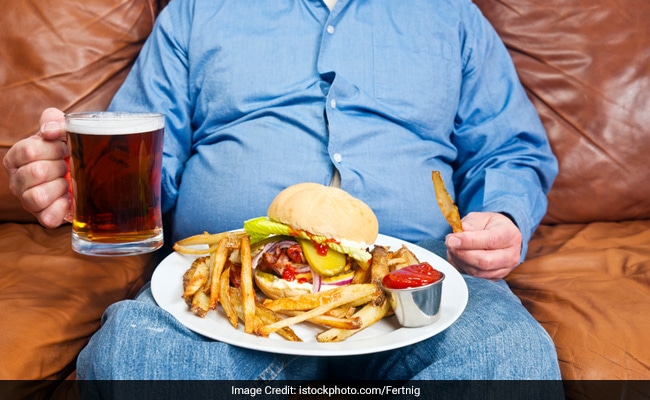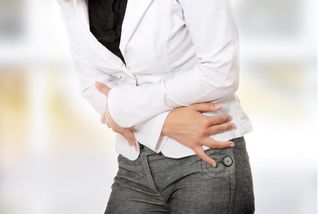
Hunger pangs may be your bodys way of telling you that it needs more nutrients. What Causes Hunger Pangs.

Eating Too Much.
Causes of hunger pangs. What Causes Hunger Pangs and How Can You Manage This Symptom. Causes of hunger pangs. Hunger pangs may be your bodys way of telling you that it needs more nutrients.
Symptoms of hunger pangs. Hunger pangs typically subside with eating but. What are hunger pangs.
Hunger pangs are caused by strong stomach contractions that occur when the stomach is empty and theyre often accompanied by an almost uncontrollable desire to eat. You might be surprised to hear that these pains dont necessarily mean that you need to eat. Research has shown that hunger pangs are caused by contractions in an empty stomach.
Piotr Marcinski Shutterstock. What Causes Hunger Pangs. These include stomach contractions decrease in levels of blood glucose especially for those patients who have diabetes mellitus and a decrease in body temperature can all lead to hunger pangs.
A decrease in body temperature is one of the reasons why there are a lot of patients who experience seasonal weight gain. Hunger pains or pangs are caused by the irritation of the stomach lining. After a meal the irritated walls of the empty stomach rub against each other causing a severe gnawing feeling.
Hunger pains are classified as false hunger since eating provides relief by separating the walls from rubbing against each other. When our stomach gets empty after digestion of a meal it irritates the empty stomach and creates a gnawing sensation. Hunger Pangs happens due to the irritation of the linings of the stomach.
These sensations are related to hunger and called hunger pangs. True to their name hunger pangs can be caused by actual hunger. If you dont stick to a regular eating schedule your body will eventually protest in the form of a rumbling in the tummy.
Thats why we tend to feel hunger pangs when were dieting and denying our body the amount of food its used to or when were busy and forget or dont have time to eat. 14 Reasons Why Youre Always Hungry Written by Brianna Elliott RD on October 2 2019 Medically reviewed by Atli Arnarson BSc PhD Hunger is your bodys natural cue that it. Do you start getting hunger pangs at 1150 am.
In anticipation of lunch. Weve all been there. The cause is the hormone ghrelin.
Released when the stomach is empty it sets off a chain reaction in the body to make you hungry. In general you want to keep levels of ghrelin low during the day so you can keep hunger in check. You may experience hunger pangs because your stomach is empty and your body needs food.
Or it can be just a routine that your body follows like eating at a specific time every day. Every individual is unique. Some people do not feel a frequent need.
Hunger pangs are result of an irritation of lining of the stomach. When the stomach becomes empty after the digestion of the meal then it comes in contact with the lining with the walls of the stomach and rubs each other which cause discomfort in the stomach. Hunger pangs can be caused even if your body is not actually hungry.
This is due to the fact that ghrelin interacts with insulin a hormone which regulates blood sugar levels. When insulin level drops ghrelin secretion increases. Thereby causing hunger pangs.
Very often the hunger pangspains you feel are caused by other things besides hunger. Just because you have a hunger pang or your tummy growls it doesnt m. Eating Too Much.
Eating overly large meals stretches the stomach. When gastric juices pour in it stretches the stomach even more. This leads to irritation of the stomach lining.
When the stomach is finally empty hours later the irritated stomach walls rub against each other causing hunger pains. Frequent hunger pangs are also a symptom of both Type 1 and Type 2 diabetes. Normally the body turns the sugar from the food you eat into fuel called glucose.
Hunger Pangs also called hunger pains are the result of an irritation of the lining of the stomach. When the stomach empties after the digestion of a meal its walls come into contact and rub against each other causing discomfort.